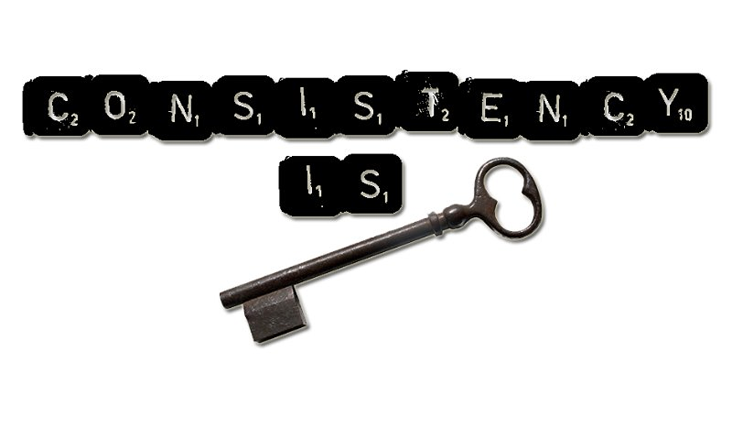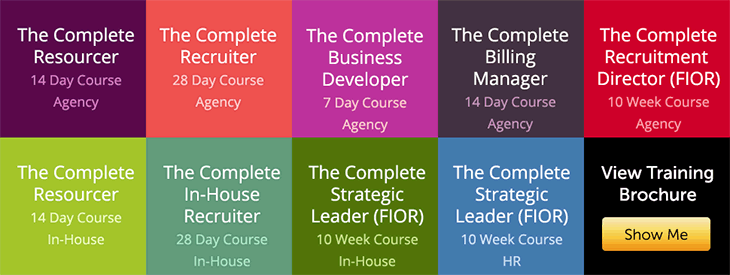 M.D, Kingston Barnes - Delivering market leading recruitment in construction - Ambassador, Institute of Recruiters IOR
M.D, Kingston Barnes - Delivering market leading recruitment in construction - Ambassador, Institute of Recruiters IOR
Congratulations! After months of reading CV’s and interviewing candidates, you’ve finally found the perfect person for the role. Excellent news. But the work doesn’t stop there…
The job market is more fluid than ever; the employee’s options are open and they can take their skills wherever they desire. While this is great in the name of freedom of choice, how does it affect you, the employer?
Essentially, it means you need to find out what motivates each individual and work with them in a way that suits them. It may sound like a lot of work but if you want to build a successful enterprise, then having and keeping great people is where it starts.
More Recruitment Agencies are switching Membership Body to
The Institute of Recruiters – IOR
Click to see why
Here are a few tips:
- Lead by example
It’s no good to be a boss who sits on their laurels and expects their employees to work around them. Your team want to see that you care about your work and the business just as much as you expect them to; nothing kills motivation like a manager who does nothing but delegate.
Are you engaged? People will practice what they see. Do you enjoy your work and is it obvious? Do you connect with your team, laugh WITH them, celebrate and enjoy a joke? If you want your team to work past 5.30pm, perhaps organise a work dinner at 6:30 pm that you are attending and paying for. It’s the small things that take little effort, but make a huge difference.
- Get to know your employees
Each person in your team is an individual and that means they are motivated by different things and it’s your job to know what they are.
What are their goals, their stressors, what enthuses them and what does success mean to them? If you can answer these questions and act upon them in how you manage them, your employees will feel valued, more fulfilled and better balanced in their working life.
- Clearly communicate
What’s expected of each employee? What are the company values and vision? How does the company define success?
Your employees can’t perform or be productive if they don’t clearly know what it is they’re there to do and what part they play in the overall success of the company. It sounds so obvious but you would be surprised at the amount of disgruntled staff who claim that they’ve no idea what is expected of them.
Be sure to communicate your expectations, regularly! Annual appraisals are great but it’s not enough to review just once a year. All it takes is a five-minute chat every 6 weeks or so to keep your employees on the right track and feeling valued – if you can do it over a coffee or pint, even better!
- Tailor your recognition
This follows on from point 2) and is another reason why knowing your employees well is so important. Almost everyone responds well to praise but how you show it can, and should, be different depending on the individual.
Is the employee motivated by money? Responsibility? A better title? Being treated to a dinner for them and their spouse on the company?
Your staff will feel dedicated and understood if you can reward their efforts in a way that they appreciate – remember not everyone is motivated by extra cash! If you can do this, your team will show their appreciation through their work efforts and loyalty to you as a manager and to the business as an employer.
- Consistency is Key!
There’s nothing more frustrating than a boss who constantly moves the goal post and changes what they expect from their employees. There will be little time to complete a task thoroughly and your team may feel inadequate and under-appreciated.
This applies to what you set their responsibilities as, what you expect from them within a given time, how you work towards the business’s mission statement and crucially, if you are reading this with a view to employing an engagement initiative, how long you stick at it after the initial buzz dies down!
People respond very negatively to programs that ignite their passion and then fizzle out when a manager gets bored with it. There’s a connection between an employee’s commitment to an initiative and a manager’s commitment to supporting it. Your ongoing commitment to keeping people engaged, involved and excited about the work they do and the challenges they face must be a daily priority.
Employee engagement is an ongoing priority
I’m sure we’ve all heard that ‘a business is only as good as its employees’ and that they are its greatest assets… and it’s true!
It’s true that some people are naturally willing to give their all no matter where they work, but the majority of people require some encouragement from managers who welcome their input and generate enthusiasm in order to have a sense of purpose and energy about what they do.
It’s not hard, it does take effort, but it is immeasurably worth it!
Get The Recruiting Times FREE every Monday – SUBSCRIBE NOW
Recruiters love this COMPLETE set of Accredited Recruitment & HR Training – View Training Brochure










